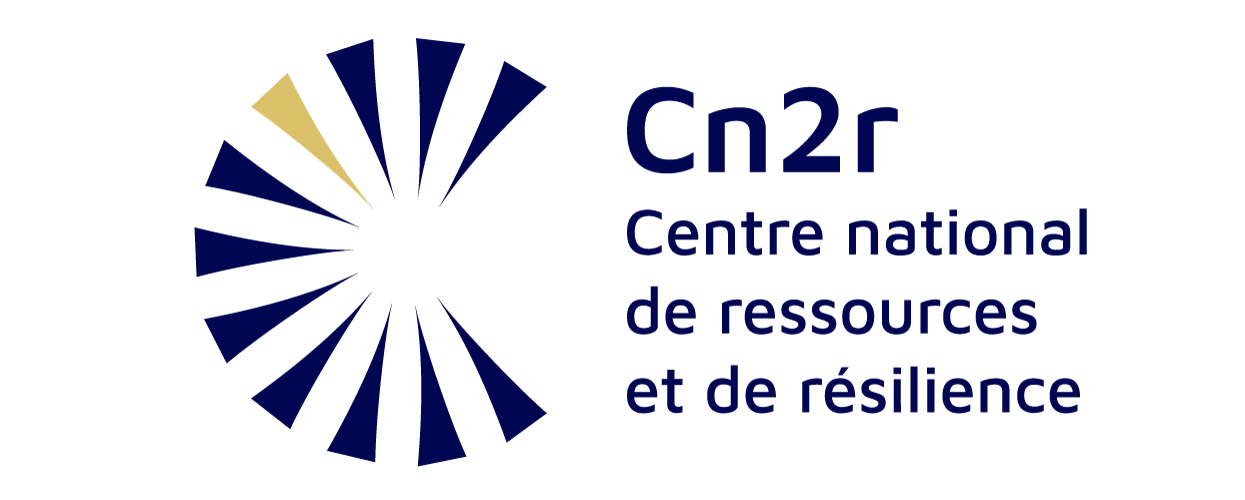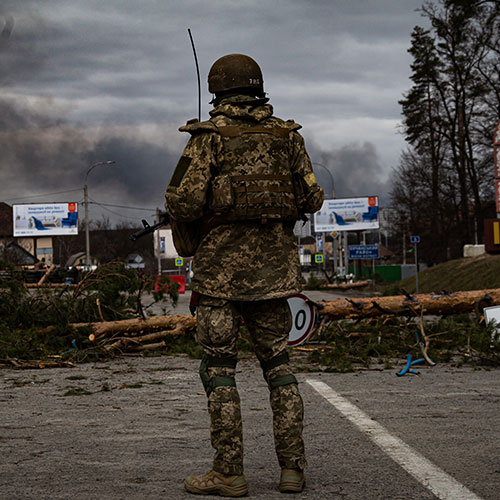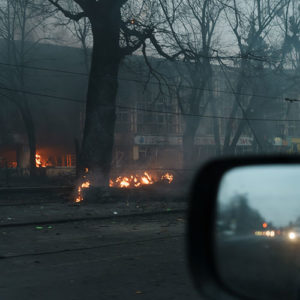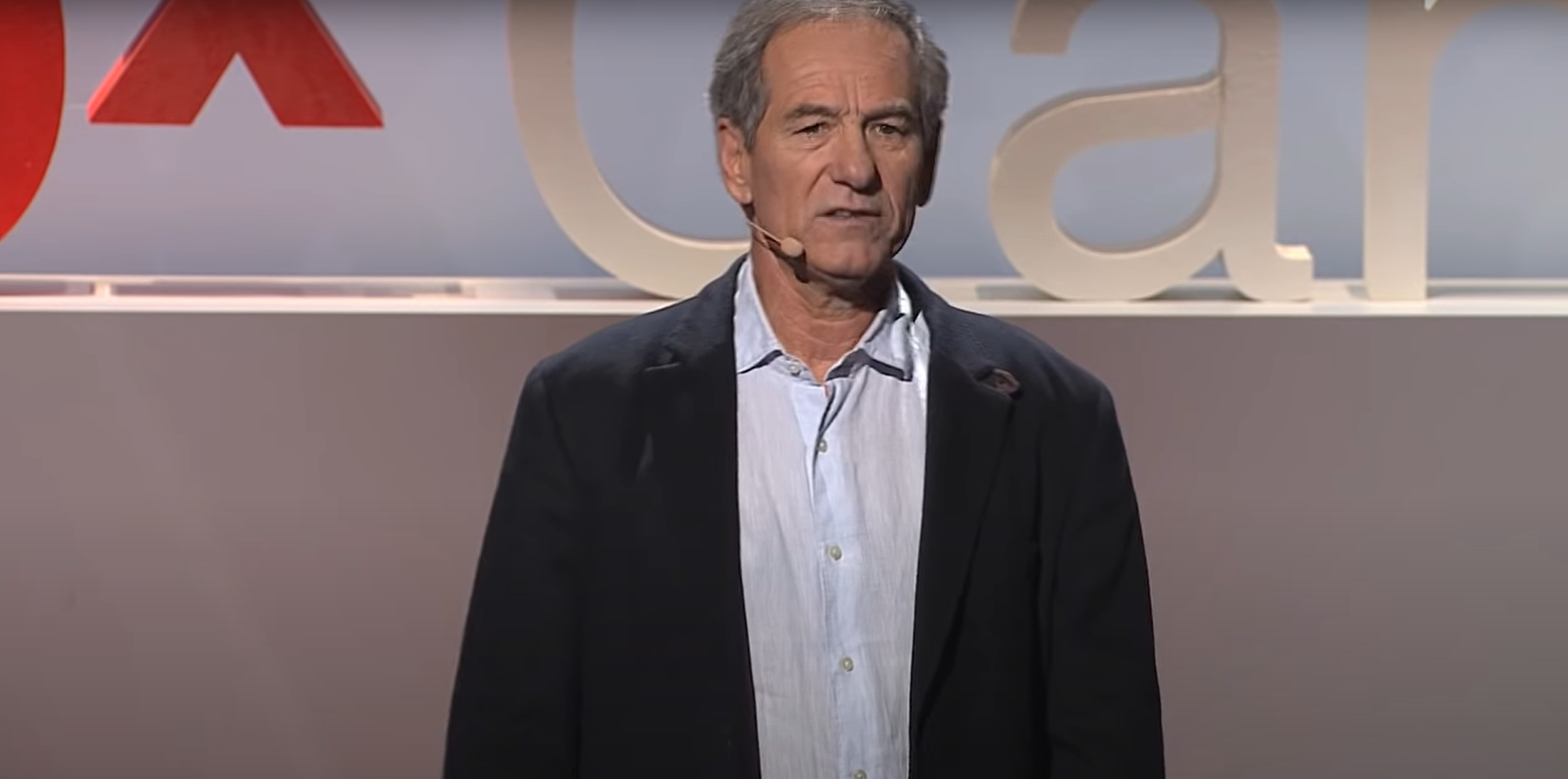War triggers immense stress, which can develop into post-traumatic stress. The first to be affected by war trauma are, of course, the direct victims, and in France in particular, the refugees who come to seek asylum. But those involved in warfare (soldiers, humanitarian aid workers, diplomats, journalists) are also confronted, whether they are in the field of operations or whether the conflict is reviving an older traumatic memory. Expatriates may also find themselves exposed to PTSD, as they are posted to a country suddenly at war. Even a citizen of a peaceful country can be destabilized by a conflict in another country: by exposure to distressing images and news, but also by memories of a war that affected his or her family, or by a journey into exile. Children, whether from a country at war or at peace, are not spared either.
The Cn2r provides a range of resources to help everyone, whatever their situation, to identify any psychological injury they may be suffering from, to treat it and get better.







